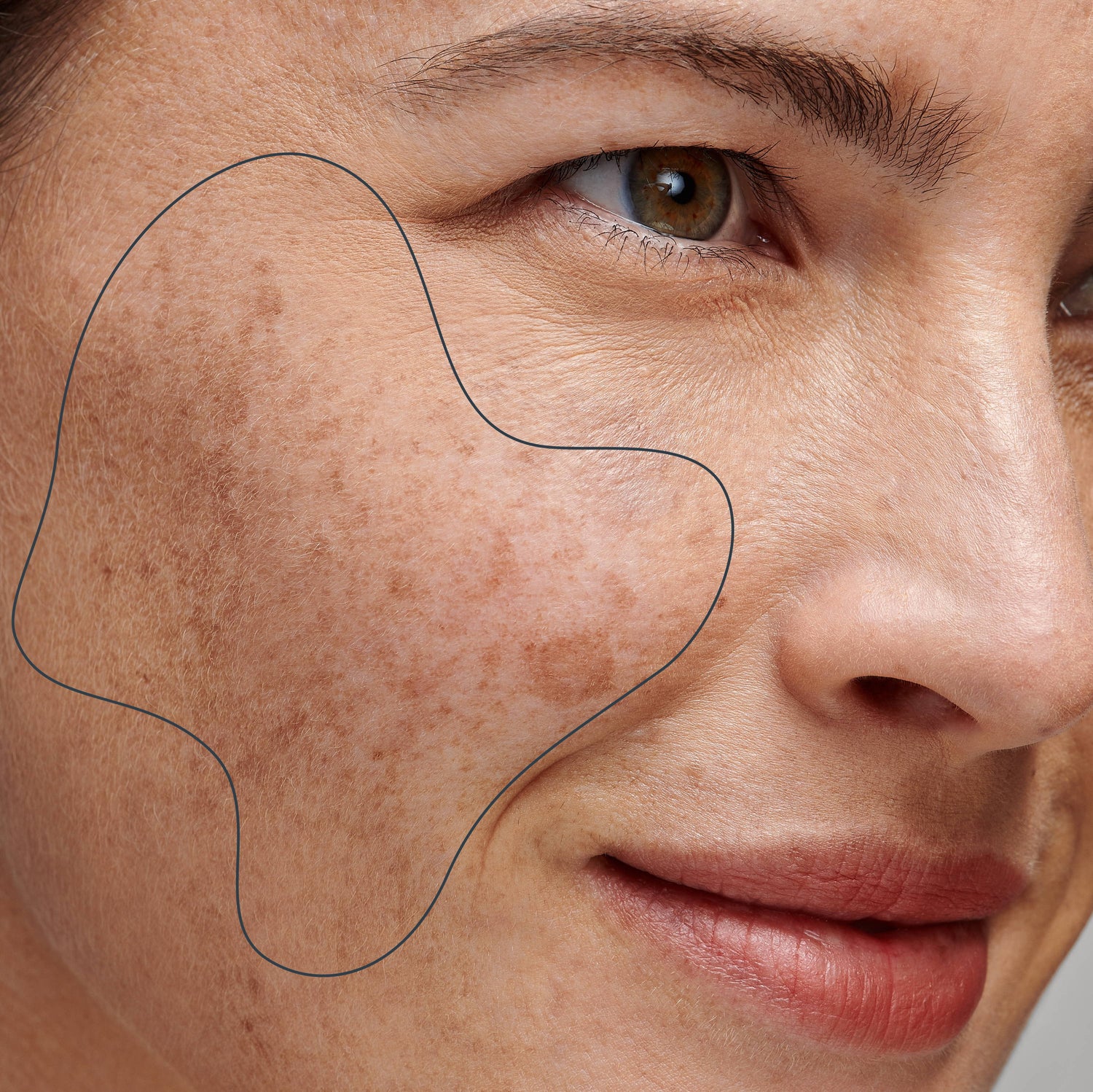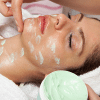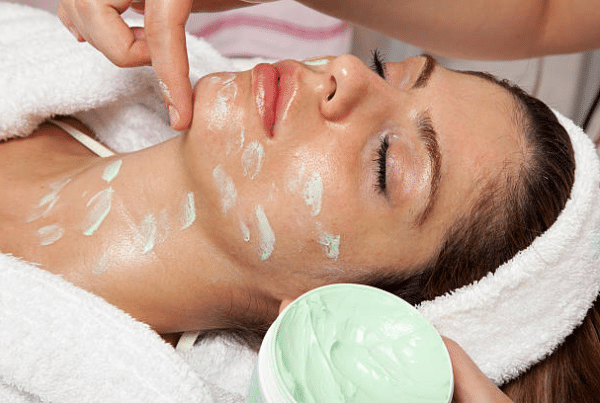Pigmentation is a natural aspect of skin, contributing to its unique coloration. Understanding pigmentation is essential in fostering a positive relationship with your skin and embracing its true glow. In this article, we’ll delve into the world of pigmentation, exploring its types, causes, and providing practical tips on how to celebrate and care for your skin.
What is Pigmentation?
Pigmentation refers to the coloration of the skin resulting from the production of melanin, a pigment responsible for various shades in human skin. Embracing pigmentation means acknowledging and appreciating the diverse hues that make each person’s skin unique.
Importance of Embracing Natural Skin Glow
Society often imposes beauty standards, but embracing your skin’s natural glow is an empowering journey towards self-love. It’s about celebrating the skin you’re in and cultivating a positive body image.
Types of Pigmentation
Hyperpigmentation: Excessive melanin production, leading to darker areas.
Hypopigmentation: Insufficient melanin, resulting in lighter patches.
Understanding these types is crucial for tailoring skincare routines that address specific pigmentation concerns.
Causes of Pigmentation
Sun Exposure
Prolonged sun exposure triggers melanin production, leading to sunspots and uneven skin tone. Consistent sunscreen use is vital for prevention.
Hormonal Changes
Fluctuations in hormones, such as during pregnancy or puberty, can cause pigmentation changes. Managing hormonal balance aids in skin health.
Inflammation and Skin Trauma
Injuries or inflammatory skin conditions may lead to pigmentation changes. Proper skincare can mitigate these effects.
Is pigmentation harmful to the skin?
Pigmentation is a natural process, but excessive pigmentation may indicate underlying issues. It’s essential to consult with a dermatologist for personalized advice.
Can diet really impact skin pigmentation?
Yes, a balanced diet with skin-friendly nutrients can positively influence pigmentation and overall skin health.
How long does it take to see results from skincare routines for pigmented skin?
Results vary, but consistent skincare practices can show improvement over a few weeks to months.
Are DIY remedies effective for pigmentation?
While some DIY remedies can help, professional treatments may be more effective for stubborn pigmentation issues.
Is laser therapy safe for all skin types?
Laser therapy should be performed by qualified professionals, and its suitability for different skin types will be assessed during a dermatological consultation.
Importance of Self-Acceptance
Self-acceptance is the cornerstone of embracing your skin. Recognize beauty beyond societal norms and appreciate your unique features.
Building Confidence in Your Skin
Confidence comes from self-care. Establishing a skincare routine tailored to your skin type enhances your natural glow.
Skincare Tips for a Healthy Glow
- Cleanse Gently: Use mild cleansers to avoid stripping natural oils.
- Exfoliate Regularly: Remove dead skin cells for a brighter complexion.
- Sunscreen Is Non-Negotiable: Shield your skin from harmful UV rays.
Common Misconceptions
Dispelling myths about pigmentation fosters a better understanding. For example, pigmentation isn’t solely related to age.
Scientific Facts
Understanding the science behind pigmentation helps in making informed skincare choices. Melanin’s role in skin protection is crucial for overall skin health.
Foods That Promote Healthy Skin
A balanced diet rich in antioxidants, vitamins, and minerals supports skin health. Include fruits, vegetables, and omega-3 fatty acids in your meals.
Hydration and Its Impact on Skin
Adequate water intake maintains skin elasticity and helps flush out toxins. Hydrated skin reflects a natural radiance.
Skincare Routine for Pigmented Skin
Gentle Cleansing
Avoid harsh cleansers that can exacerbate pigmentation issues. Opt for gentle, hydrating cleansers.
Exfoliation Techniques
Choose exfoliation methods suitable for your skin type. Exfoliate regularly to promote cell turnover.
Importance of Sunscreen
Sunscreen is a non-negotiable step in pigmentation care. Use broad-spectrum SPF to protect against harmful UV rays.
DIY Remedies for Pigmentation
Natural Ingredients for Skin Brightening
Lemon, honey, and aloe vera are natural ingredients known for their skin-brightening properties.
Homemade Face Masks
Create masks using ingredients like turmeric and yogurt to promote even skin tone.
Professional Treatments for Pigmentation
Laser Therapy
Laser treatments target pigmented areas, breaking down excess melanin.
Chemical Peels
Chemical peels remove outer skin layers, revealing fresher, more even-toned skin.
Consultation with Dermatologist
Seeking professional advice ensures personalized solutions for pigmentation concerns.
Tips for Maintaining a Positive Body Image
Media Influence on Beauty Standards
Acknowledge the influence of media on beauty ideals and focus on self-love.
Self-Love Practices
Engage in activities that promote self-love, reinforcing a positive body image.
Conclusion
Embracing pigmentation is about acknowledging diversity and finding beauty in one’s unique skin tone. Celebrate your skin’s natural glow, remembering that true beauty lies in embracing individuality.
 5 6 1 . 8 1 0 . 0 5 5 5
5 6 1 . 8 1 0 . 0 5 5 5 









